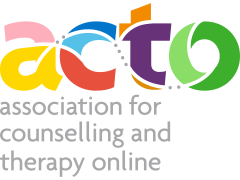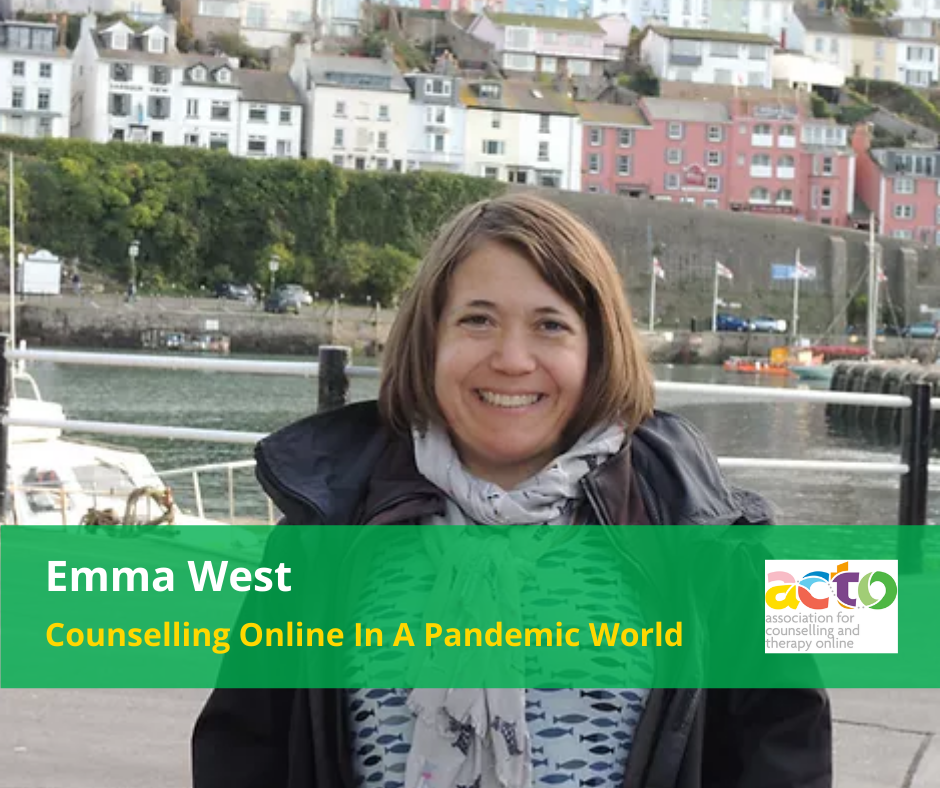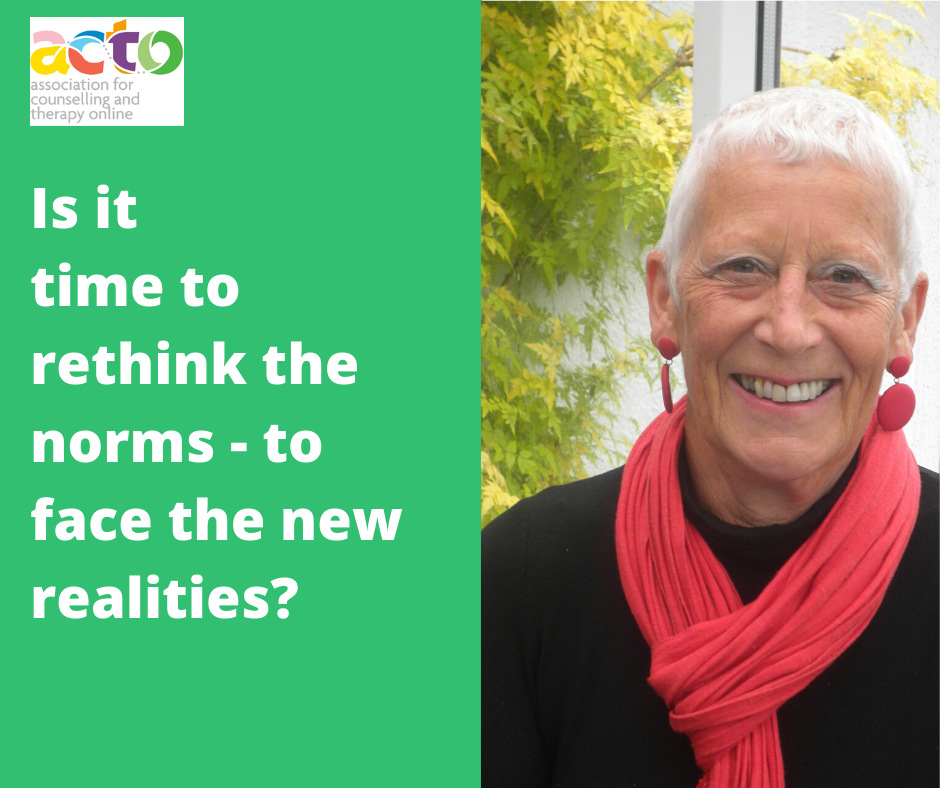Research report into the experiences of psychoanalytic psychotherapists working online highlights the importance of training for all therapists working online
Understanding the impacts of the period of lockdown during the COVID-19 pandemic is of undoubted importance, providing crucial insights into how future health emergencies can be managed.
It is therefore welcome to see research published on the subject, including this project that explored the experiences of psychoanalytic psychotherapists based in the UK during the first period of lockdown.
The research findings
The findings of the research study concluded that the psychotherapists primary concerns focused on loss and survival, with sub-themes relating to holding the frame, worries over a loss of security and safety, challenged analytic technique and altered relationship dynamics.
However, what is disappointing about the research article is that it barely mentions the importance or relevance of training.
Why is training for working online critically important?
Training and CPD provide each of us with the knowledge, the skills and expertise which ensures that our clients receive the best possible care – and also offers safeguards to ourselves as working practitioners. Working online is no different.
Those who have pioneered the work of online therapy have much to give to all those who are considering working online, whether on a long-term basis or in situations where it is necessary, such as during the recent pandemic.
Innovators in the development of online therapy have really given thought to the processes, frame, disinhibition effect, transference/counter-transference issues etc that can occur or change once therapy transfers online.
Furthermore, there is a real risk if you do not undertake any training, as you are likely to be working outside your set of competencies.
BACP guidance
It is consequently surprising that the thought of actually training to work online did not arise during the project, as each of the issues raised in the study are covered in training courses which would have been available to all at the start of the pandemic.
Indeed, the BACP has produced excellent guidance which strongly recommends training for working online. It highlights the challenges of changing the method or medium of communication within the therapeutic relationship, for both practitioners and their clients. For example, it cites the fact that online relationships of all kinds are qualitatively different from those held in a physical space. The document recommends that practitioners think carefully about what is needed to ensure that they become competent in this new way of working. Training and preparation are vital ingredients to achieving this successful evolution into a new way of working.
The benefits of a supervisor
As a practising online counsellor, I have seen at first hand the benefits of training and the important role of a supervisor. Supervisory support furthermore reduces the risk of isolation and can guide those working online to access the tools and information, increase their skills and improve the effectiveness of the techniques applied. In addition, supervision must be online e-supervision, by an experienced practitioner who understands the differences to face-to-face work.
Training and research are key
At ACTO, we passionately believe in the importance of high levels of training across all the modalities, and to transform our individual modalities.
Training builds knowledge, skills and understanding. This process also encourages us to use research data to assess efficacy and the appropriateness of different approaches.
Let us hope that in the coming years, all those working within the mental health professions can benefit from good quality training; reducing the feelings of loss and survival and enabling them to thrive.
About the Author
Kiren Sweetman is a person-centred counsellor and registered member of the British Association for Counselling and Psychotherapy (BACP). Kiren is also a director of ACTO.
Research study article
Taylor, L. Kegerreis, Rohleder, P. (2022). Loss and Survival: Experiences of Psychoanalytic Psychotherapists Working Remotely During the COVID-19 Pandemic. British Journal of Psychotherapy. 27 November 2022. https://onlinelibrary.wiley.com/doi/full/10.1111/bjp.12800. [Last accessed 06.12.2022].




